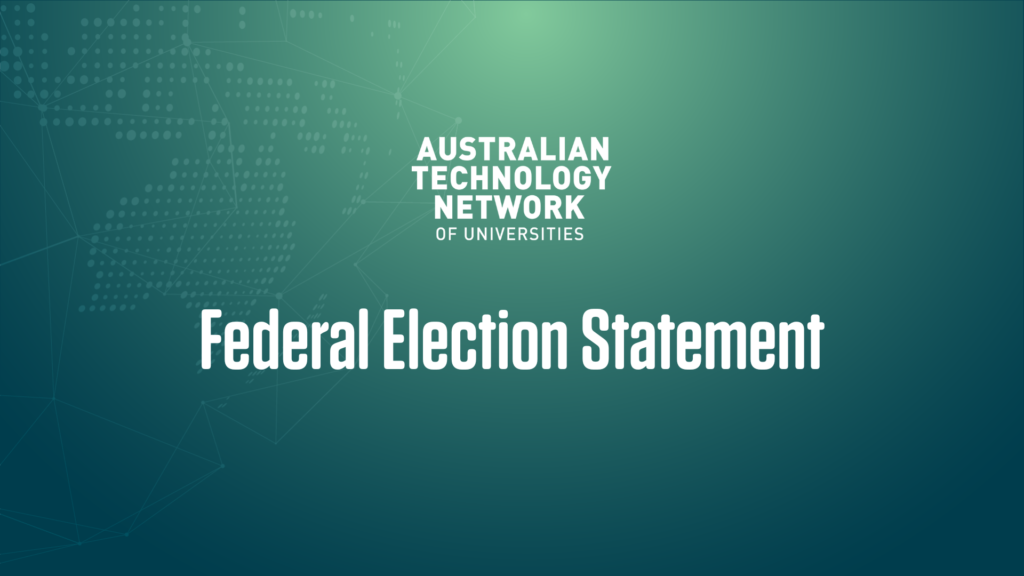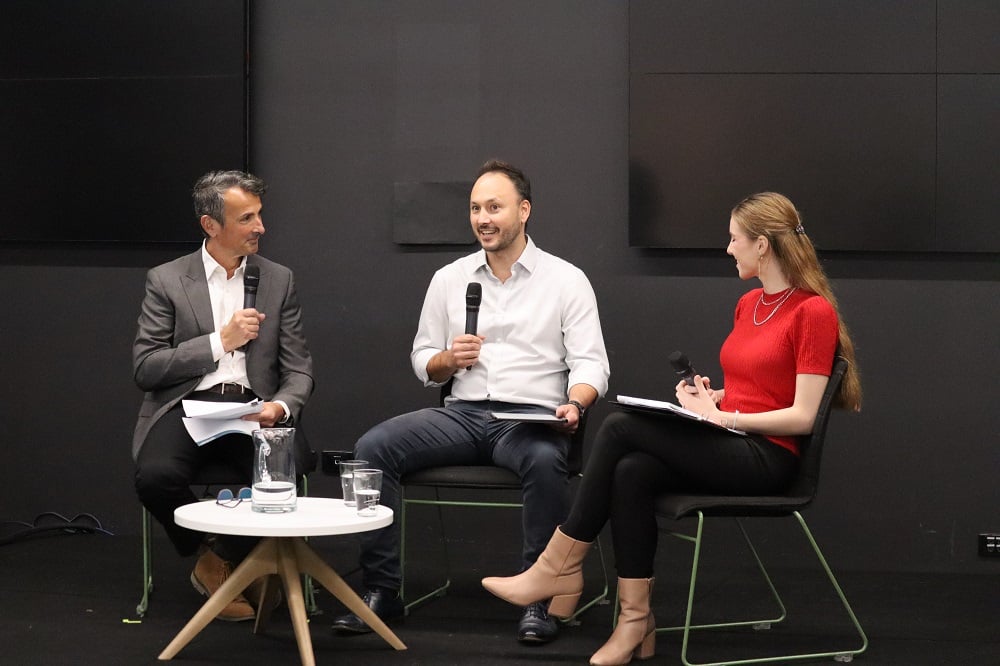University alliances join in bold bid to end the skills shortage
15 March 2022Two of Australia’s major university groupings have banded together ahead of the federal election to call on the next government to back tertiary education as a solution to the skills shortage and ensure that universities have enough subsidised student places to meet this goal.


